Read Part 1 of Marcel Van Den Berg’s Interview
…I have seen a lot of dive instructors with bad attitudes having fantastic dive skills etc. but they never really make it. Then I have seen some dive instructors that can still improve their dive skills and knowledge, but have amazing attitudes and they shine in this industry. Important is that having a great attitude usually leads to people trying to improve themselves with more dive skills and knowledge. The other way around is not so easy.
The “Top Gun” best diving instructors out there have a fantastic positive attitude, lots of patience, happy, are passionate, smiling, have awesome customer service skills, have a bit of humor, excellent dive skills, are knowledgable, and most importantly truly care about their students. If you have all this you will stand an amazing change of a great career in the dive industry. If not, then you can always work on improving these treats.
What can new instructors do to make themselves more ‘employable’ around the world?
There are quite a few things that dive instructors can do to improve their chances of employment in the dive industry. Here are some tips:
It is important to make sure you have the right attitude. Then start looking at the location in the world where you would like to work and do some research before committing. Changing locations in the world between jobs can be costly.
Building an amazing dive instructor resume is very important. This is so important that we now include a diving CV professionally made by a graphic designer in my IDC/MSDT programs.
Work on your live job interview and/or email correspondence. This is vital to get your foot (or Flip Flop!) in the door.
Keep investing in training and more knowledge. This doesn’t always have to cost money as you can get a lot of information for free online But investing in more courses does help your resume.
Try and invest in learning skills besides diving. For example, if you know how to do website SEO, social media marketing, repair equipment, etc. you are more employable.
There are so many tips I can give to become more employable, but I cover that in detail in my IDC and MSDT courses. 😉
What do you do when you are not teaching diving, what are your interests?
Not teaching diving? Is there anything else??
Just kidding, I have a new hobby and love to go off-road biking! The thrill of going fast on sandy/muddy roads gives me an amazing adrenaline rush! Besides that, you get to experience nature in a completely different way then scuba diving. Both are amazing!
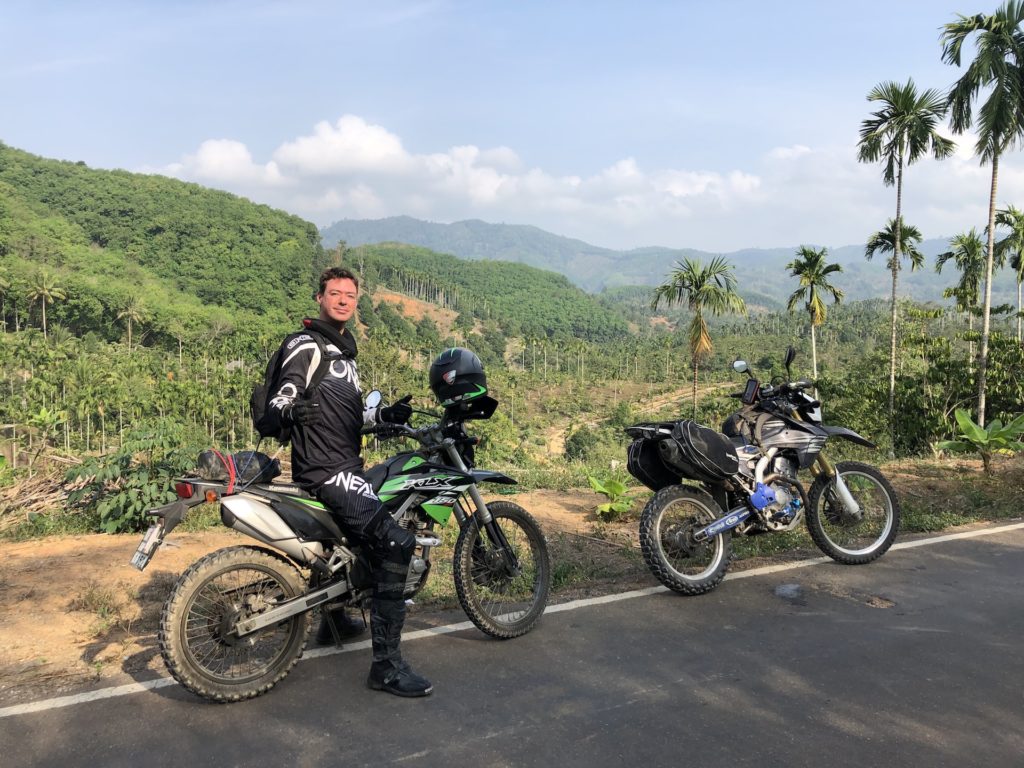
I also love to read books and I am sorry, but I admit that I love to play video games once in a while.
Editor’s Note: The editor knows Marcel personally, and knows how much he video games. It’s a lot!
Where is your favorite place to scuba dive so far, and where is your dream location to dive?
My favorite dive site so far is Elephant Rock in the Similan Islands. I loved the overwhelming boulders underwater. It made you feel really small and showed you how impressive nature can be.
Check out our review of the diving in the Similan Islands off The Junk liveaboard.
My favorite dive was on Twins on Koh Tao. That dive I spent 1 full hour just looking at three little creatures in one spot. It is a completely different way of diving and it makes you feel connected with aquatic life. I love this way of diving, but not moving and just exploring what is right in front of you.
My dream location to dive would be Raja Ampat, West Papua in Indonesia!!
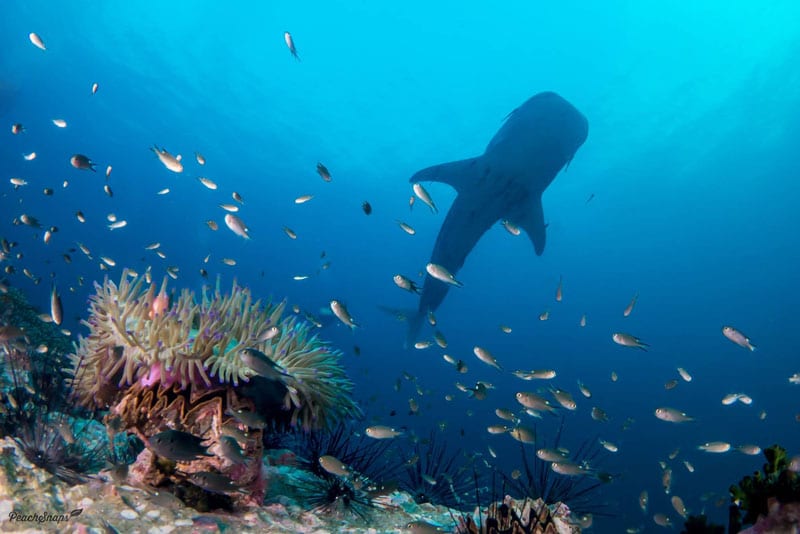
What is the most memorable experience you ever had scuba diving?
It was during my Divemaster course. I was assisting a Rescue Course and I was supposed to play a missing unresponsive diver as part of the rescue scenario. The instructor told me and my buddy to wait underwater at this specific rock.
This rock where we were waiting was not specifically beautiful and there was almost no aquatic life to be found. This was however not the main objective. We were there for the sole purpose of being “rescued” by the PADI Rescue Diver Students.
However, they failed to find us and we waited and waited. After some time I got bored and starting to focus on this little crab the size of my fingernail. I was memorized by how tiny the crab was and the longer I looked the more details I saw. He was amazing and I watched him for like 10 minutes on his daily life routine. I started for the first time to connect to the aquatic life…
But the best part was that when I took so long looking at the tiny crab, I discovered another fish. A very small fish that looked like the sand. It had a dorsal fin that was moving up and down that got my attention. But looking at it longer I discovered that his skin was see-through and I could see it spinal cord etc.
This was truly amazing and for the first time, I realized that we all dive to fast, and yes even diving slowly is too fast in my book. We should just look at the amazing things in front of us longer to enjoy the aquatic and truly become part of the dive site. – This was my best diving experience ever and I still teach this way of diving to my Advanced, Divemaster, and IDC students.
What advice would you give to people wanting to become a diving professional and to work in the diving industry?
Make sure you have that great attitude first of all. But it is also very important to realize that if you want to succeed as a diving instructor, you need to see it as a job and career.
I know that many think: “that it will be easy, just look at fish read a slate with skills, and let’s have a beer at the end of the day…” But in reality, it is not always that easy. It is still a job and the same as another job or career you need to work hard and constantly improve to become and stay successful.
Then again, being a dive instructor is a great job compared to many others!
How do you think the current situation regarding COVID-19 will affect the diving industry, short-term and long-term?
Well, besides having to deal with new regulations like hand sanitizers, stricter equipment rules, having more distance between students on land, and more, we need to make sure that traveling goes on in the future as we rely a lot on tourism in this industry.
Many people I speak with are quite negative towards the future, but I believe that if we listen to our government recommendations and follow the quarantine rules we can get this virus under control. So far so good, but let’s hope it doesn’t come back in a second wave.
I do believe that when we are allowed to travel again, many people will. The reason why is because many people still have their airplane voucher from their canceled flights and also many can’t wait to escape their quarantine location when they are allowed to. I am not sure, but this is what I hope will happen.
Some Dive Centres might now also be understaffed as many of their staff members returned home during COVID and not everyone will return. If we do get a sudden increase in tourists wanting to learn scuba diving then this can be a great opportunity for new Diving Instructors to get their feet or Flip Flops in the door. Again I am not sure as this situation has never happened before, but my glass is always half-full 🙂
Marcel is currently the PADI Course Director at Sairee Cottage Diving on Koh Tao. Check out his tips and videos for becoming a scuba instructor.

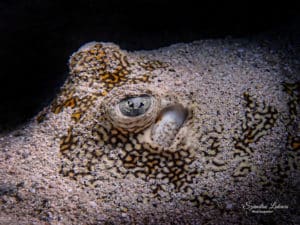
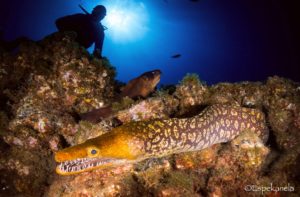
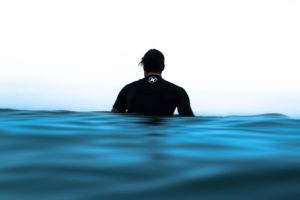

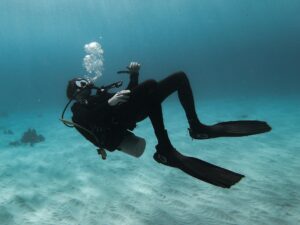
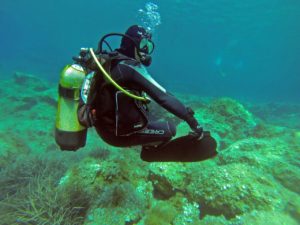
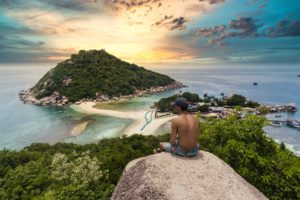
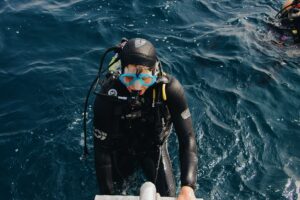
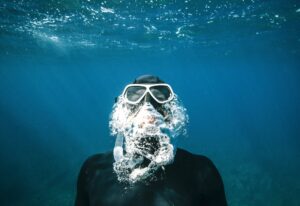

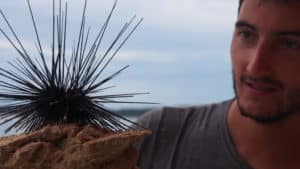
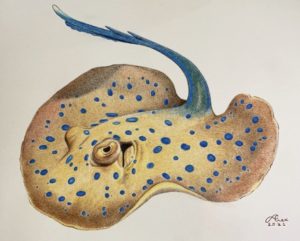
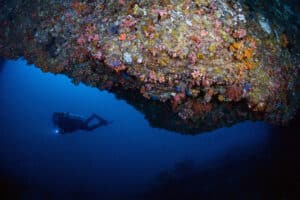
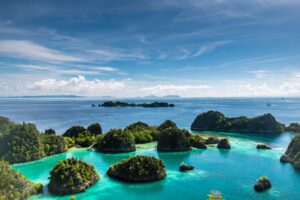
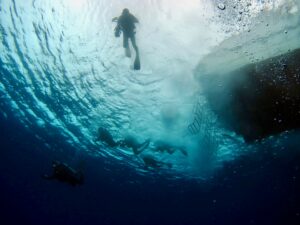
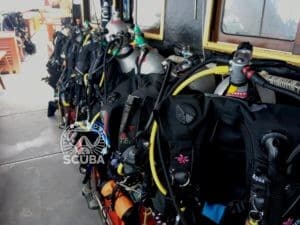
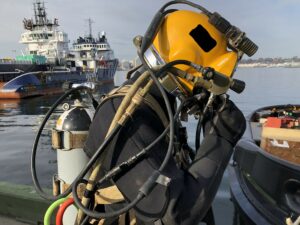
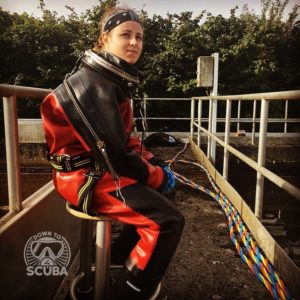
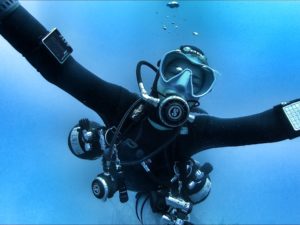
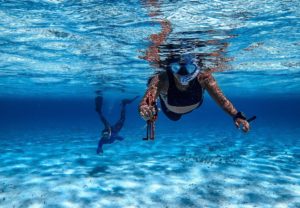
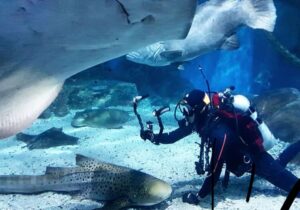
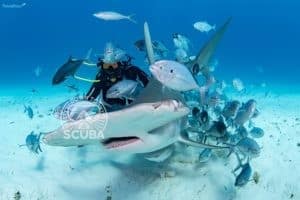
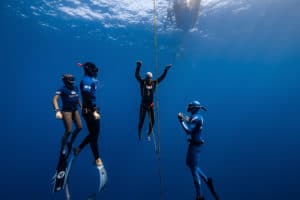
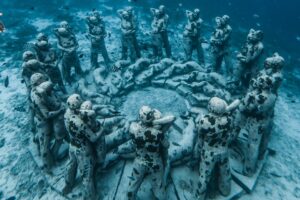
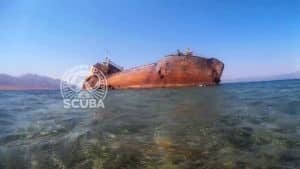
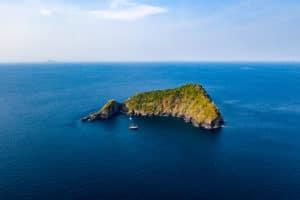
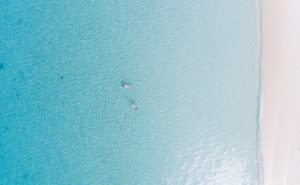
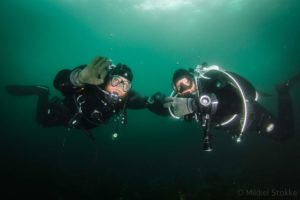
Leave a Reply
You must be logged in to post a comment.